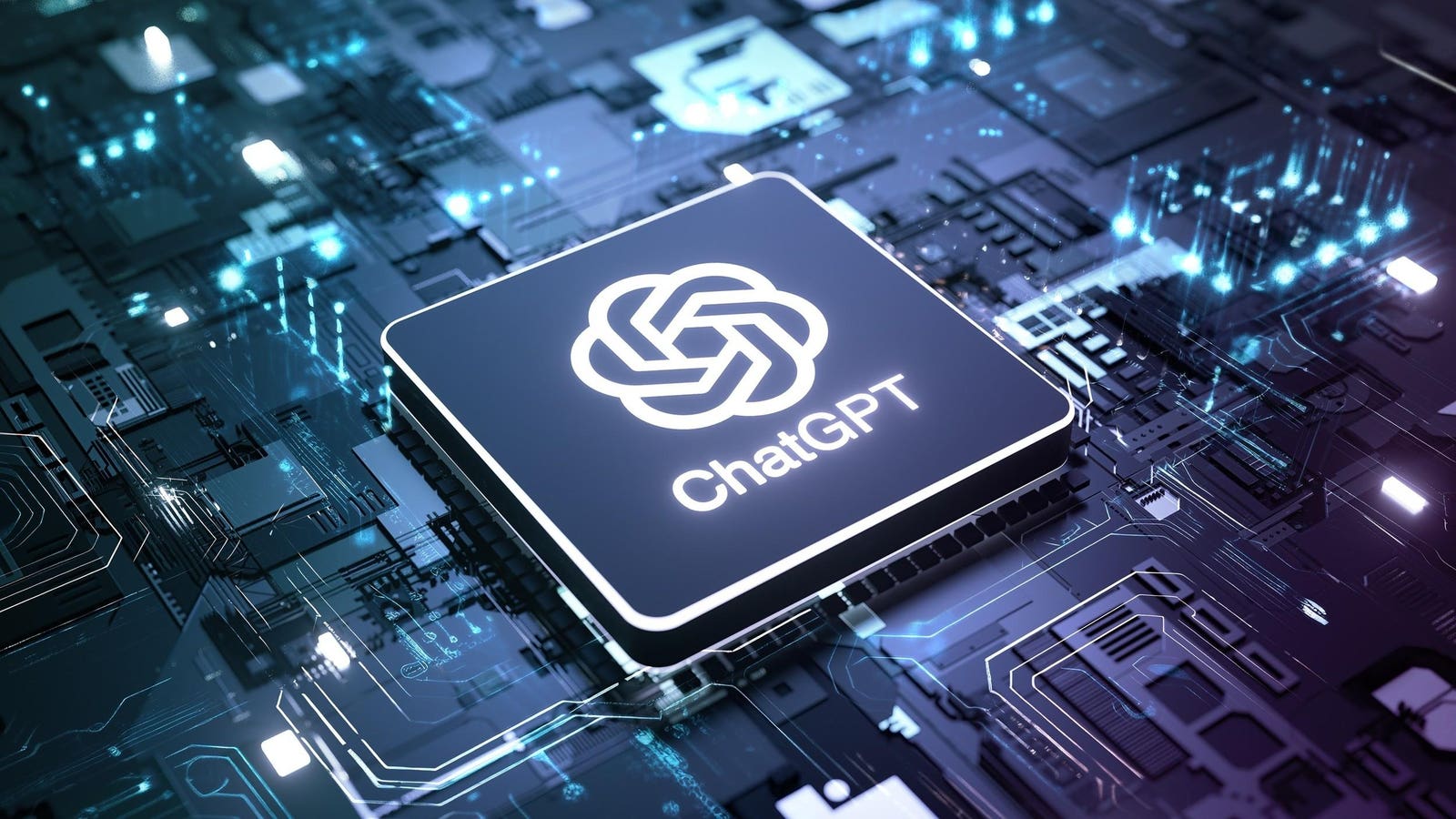5 Things You Should Avoid Saying to an AI Bot

Understanding the Privacy Risks of ChatGPT
ChatGPT, an AI chatbot developed by OpenAI, has dramatically transformed how we interact with technology. With over 100 million daily users generating more than a billion queries, its popularity is undeniable. However, this widespread usage has raised significant concerns regarding user privacy and data security.
Privacy Concerns with ChatGPT
A "Privacy Black Hole"
Experts have labeled ChatGPT a “privacy black hole.” This term refers to the potential risks of exposing personal information when using the platform. Concerns have even resulted in brief bans in places like Italy, highlighting the seriousness with which regulators view these privacy issues.
OpenAI, the organization behind ChatGPT, has openly stated that the information submitted may not be secure. User data can be utilized for further training of the AI models, which raises questions about whether personal information might unintentionally surface in responses to other users. Additionally, human reviewers may access this data to ensure adherence to operational guidelines. This raises the alarming reality that anything entered could essentially be treated as public information.
What Users Should Avoid Sharing
While the capabilities of AI chatbots are extensive, users must exercise caution. Here are some critical types of information that should never be shared with ChatGPT or any public-based chatbot:
1. Illegal or Unethical Requests
Entering requests related to illegal activities poses a significant risk. AI chatbots are designed to avoid engaging with such queries, but users may still face legal consequences if they attempt to manipulate or inquire about actions that contravene the law. Various countries have different regulations regarding AI usage, and actions deemed illegal in one location may be punishable by law.
2. Logins and Passwords
With the rise of agentic AI, users may be tempted to share their login credentials with chatbots. However, this poses a major privacy risk. Once your credentials are shared, control over that information is lost. There are documented cases of personal data being leaked back to users in the chatbot responses, making it crucial never to share usernames or passwords.
3. Financial Information
Sensitive financial data, such as bank accounts or credit card numbers, should never be entered into chatbots. Transactional information should only be provided to secure systems designed for financial transactions that incorporate safety measures, like encryption. Chatbots do not have these safeguards, leaving users vulnerable to fraud, identity theft, and ransomware attacks.
4. Confidential Information
Many professionals, including doctors, lawyers, and accountants, have an obligation to maintain confidentiality. Sharing business-related documents or insider information can lead to severe ramifications, including breaches of trust and legal consequences. For example, there have been incidents where employees inadvertently leaked proprietary information through interactions with ChatGPT.
5. Medical Information
While it may be tempting to consult ChatGPT for medical advice, doing so carries risks. ChatGPT updates can aggregate and remember user data from previous chats, posing a risk of privacy invasion. This is especially concerning for healthcare professionals who deal with patient records, as violations could lead to significant fines and damage to their careers.
Final Recommendations
Given the potential risks associated with sharing information through ChatGPT and similar platforms, users must assume there is no guarantee that their data will remain private. Avoid sharing anything you wouldn’t want the public to know. As AI chatbots become increasingly integrated into our daily lives, understanding these privacy risks becomes paramount. It is also essential for users to educate themselves on how to safeguard their data effectively.






